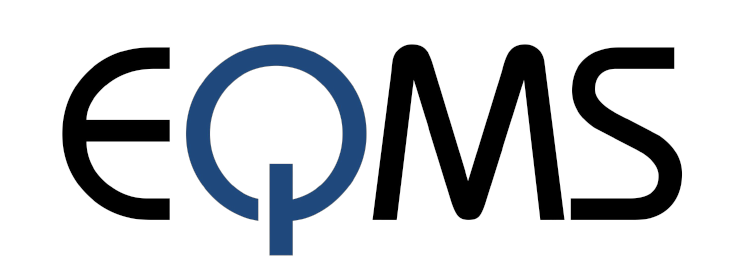Project Details
COVID-19 pandemic has created an unprecedented economic fallout in terms of disrupting the global value chain alongside the immediate health crisis and worsening the food security for the millions due to the disruptions in the supply chain. The lingering supply disruptions as the by-product of social distancing measures to curb down the spread of COVID-19 unfolds the underlying shortcoming of the conventional food marketplace infrastructure. In particular, traditional wet markets are poorly regulated and associated with poorly managed and maintained facilities. Therefore, they can pose (besides respiratory diseases) significant food safety hazards. Foodborne diseases and zoonoses have become an important public health concern in these markets.
According to the World Bank, In Bangladesh, a $96.2 million Emergency Action Plan, mobilized as part of a Livestock Dairy Development project, provided, among other things, cash transfers to 620,000 small scale vulnerable dairy and poultry farming households.
In response to the global pandemic, GAIN has developed a targeted support program to sustain core food systems, workers, and markets during the COVID-19 emergency. GAIN's goal is to mitigate the collapse of foodsystems by supporting food markets and the value chain companies in Low and Middle-Income Countries (LMICs), especially in Africa and Asia, which face potentially catastrophic supply and demand disruption. GAIN will achieve this by establishing an emergency response program to assess and address the challenges facing the food system. This program has the overarching goal of mitigating the risk of the economic collapse of food systems to sustain the availability and affordability of nutritious and safe foods and contribute to lowering the burden of ill-health, particularly for the most vulnerable. As such, the "Keeping Food Markets Working (KFMW)" program focuses on the following aspects of sustainable food safety and security initiatives-
- Building Demand: New models and approached to generate more demand for nutritious food in the market overall value chain
- Enabling Business to Advance Nutrition: Cooperating with governments for easier business operation and investments for balanced nutrition assurance in food market
- Innovation: Searching for the current challenges in the market value chain and developing new technological solutions to overcome such key barriers
- Impact Assessment: Impact Assessment to map public-private actions in nutrition and records actions with evidence which works out.
- Business and Nutrition Knowledge Hub: Developing a knowledge repository and circulate it to the proper personnel.
- Business Accountability in Nutrition: An accountability tool at country level to develop the practice of reporting the improvement in diet and nutrition in value chain in local, regional and global level.
The KFWM workstream has five priority areas for planned interventions plus cross-cutting research:
- Emergency business guidance and grants for SMEs providing safe, and nutritious foods
- Sustaining and reinforcing the gains of Large-Scale Food Fortification.
- Keeping food marketplace infrastructure open, but safer.
- Workplace nutrition protection for food system workers and their families.
- Advisory and practical support to governments to help keep critical coordination mechanisms functioning and help food systems keep working.
GAIN is currently facing challenges to incorporate necessary actions in all the sections mentioned above due to the gaps (conceptual and practical) among various stakeholders. Very few stakeholders in the system may know what works in the public-private safer food value chain system.
At the government stage, a lack of understanding of how to assess and intervene in the value chain to impose safe and balanced nutritious food into the system is the crucial challenge that requires strong database and policy framework development and implementation at the national and local government bodies.
At the Enterprise level, to inform about the available incentives or the available incentive may not satisfy their investment cost for safer food production, processing, packaging, storage, and transportation. In contrast, consumers with a different demographic and economic profile may not have sufficient knowledge to select nutritious and fortified food from the market.
Against this backdrop, the current study will be focused on Workstream Component 3 to ensure a fully functional and safe food market infrastructure in a similar kind of global pandemic in the foreseeable future. EQMS has been vested with the responsibility of undertaking the assignment through a competitive bidding procedure.
Location
Bangladesh
Client
Global Alliance for Improved Nutrition (GAIN), Bangladesh
Ready to work together?
Whether you have a project in mind and you’re looking for a reliable construction partner or you’re looking to take the next step in your career, we want to hear from you!
